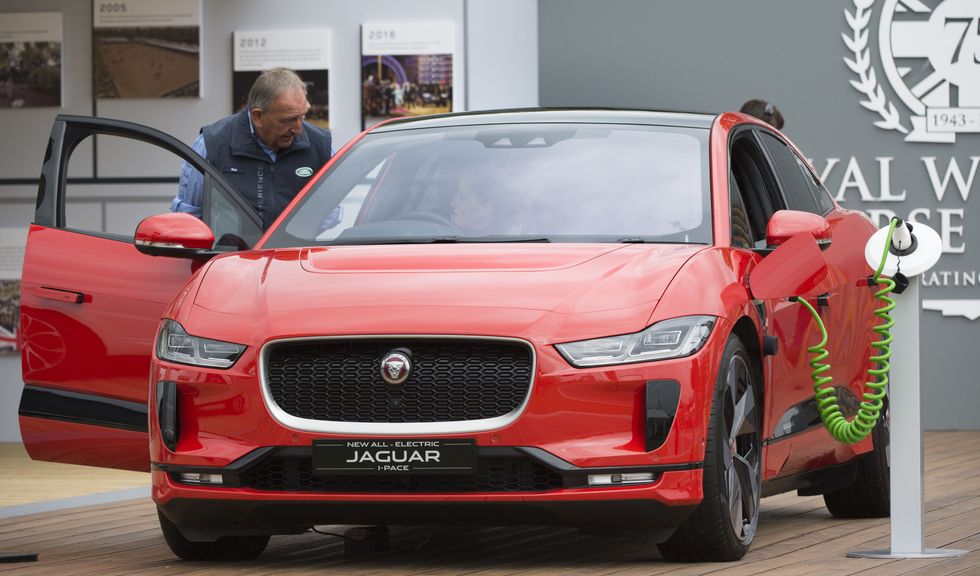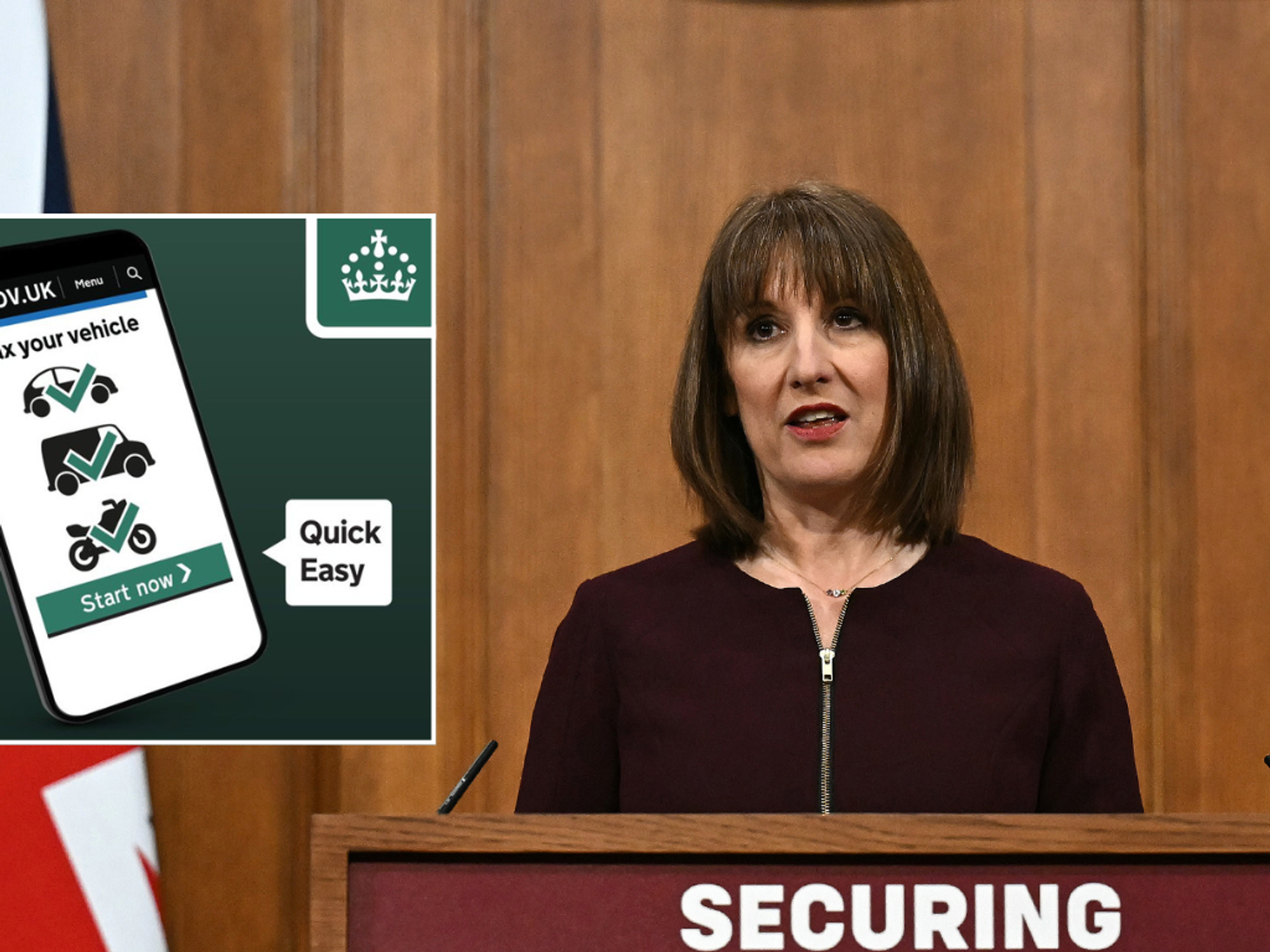Production of vehicles in the West Midlands factory will end in June
Don't Miss
Most Read
Trending on GB News
Car brand Jaguar has announced that it will stop producing its XE, XF and F-Type models at its West Midlands factory in June as it begins honing in on electric vehicle production.
Production at the Castle Bromwich site in the West Midlands will cease later this year, although the three models will remain on sale and available to order via the Jaguar website.
With production ending, customers will no longer be able to have their vehicle custom-made, instead, they will have to opt for the standard model.
The switch in strategy means that Jaguar’s line-up will become SUV-only with the F-Pace, E-Pace and I-Pace remaining as the three cars left in the firm’s range.
Do you have a story you'd like to share? Get in touch by emailingmotoring@gbnews.uk

Jaguar will be pushing forward with its transition to electric vehicles
GETTY
A JLR spokesperson said: “As JLR transitions to its electric future, current Jaguar production at our Castle Bromwich site will come to an end in June 2024.
“Our UK production facilities are being reconfigured to produce JLR’s next-generation electric models, this includes the stampings operation at Castle Bromwich which will be expanded to manufacture body panels for all our brands.
“Jaguar will begin an exciting new era as a pure-electric modern luxury brand with production commencing at our Solihull facility from 2025.”
The F-Pace will remain in production at the brand's Solihull site, while the electric I-Pace is being built in Austria, by Magna Steyr.
The smaller E-Pace, meanwhile, is also being built alongside the I-Pace in Austria, as well as at a second site in China.
The Castle Bromwich factory was originally the production site for both Spitfire and Lancaster planes during the Second World War, before coming under British Leyland ownership.
The move away from fuel-powered vehicles falls in line with ambitious plans to open an electric battery plant in Somerset, which is expected in 2026.
Tata Technologies, which owns JLR said the gigafactory will be based in the Gravity Smart Campus near Bridgwater, Somerset, and is expected to bring in £4billion worth of investment to the area.
Agratas, which is part of, will work closely with local and regional partners, including Somerset Council, Bridgwater and Taunton College, and the wider Gravity Smart Campus.
Tom Flack, CEO at Agratas, said at the time the multi-billion-pound investment will bring state-of-the-art technology to Somerset.
He added: “We care deeply about the communities we operate in, so it’s imperative to us that we work with, and listen to, our new neighbours as we build our factory in Somerset.”
JLR saw profits for the quarter reach £627million, up from £265million a year ago. Range Rover electric vehicles are also generating strong interest with over 16,000 sign-ups to the waiting list since its unveiling.
LATEST DEVELOPMENTS:
- Tesla suspends EV production after 'arson attack' as Elon Musk blasts 'dumbest eco-terrorists on Earth'
- Drivers issued urgent warning of traffic chaos with six-mile delays on crucial M2 motorway route
- Fuel duty freeze expected to be extended for another year in massive victory for petrol and diesel drivers

Tata Technologies which owns JLR, will build a new gigafactory in Somerset
JLR
Adrian Mardell, CEO, at JLR, said: “Sales of our modern luxury vehicles hit new records in the quarter, and we are excited about the strong client interest for our soon to launch Range Rover Electric.
“Looking ahead, we are mindful of the challenges the business will face but we are confident that we will continue to successfully deliver our reimagine strategy.”









